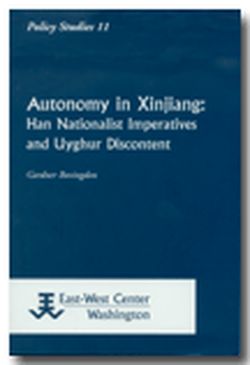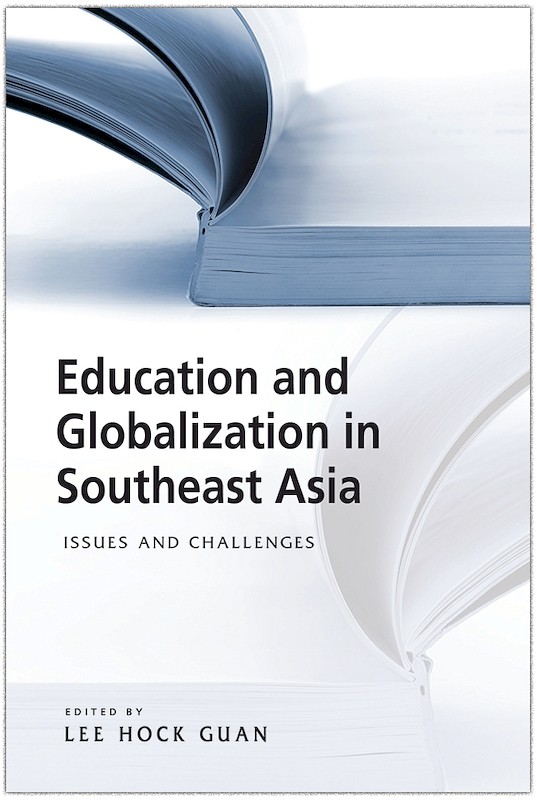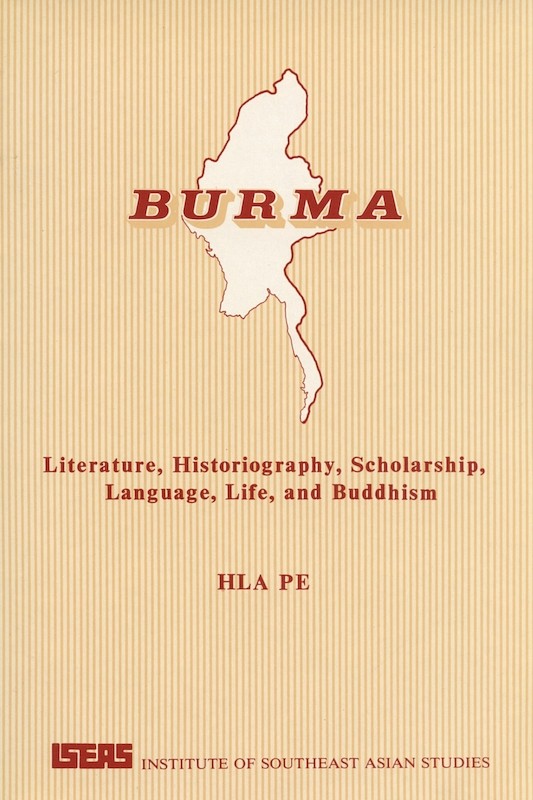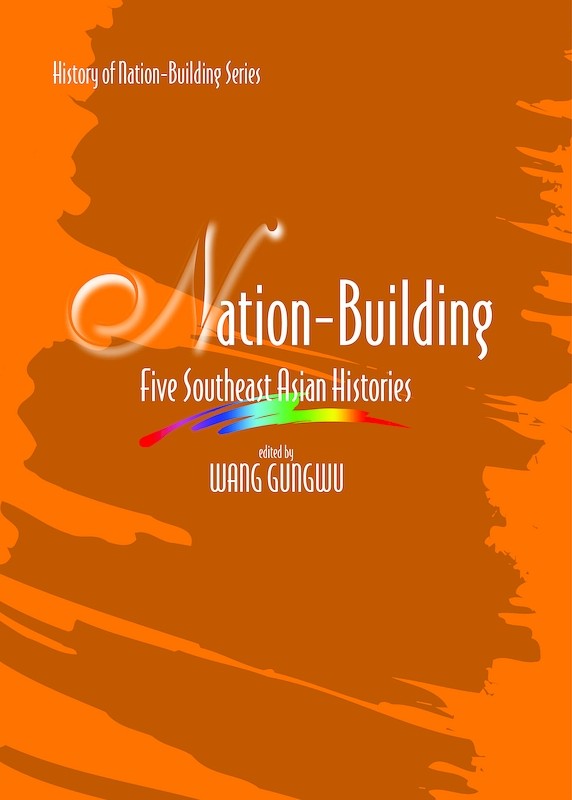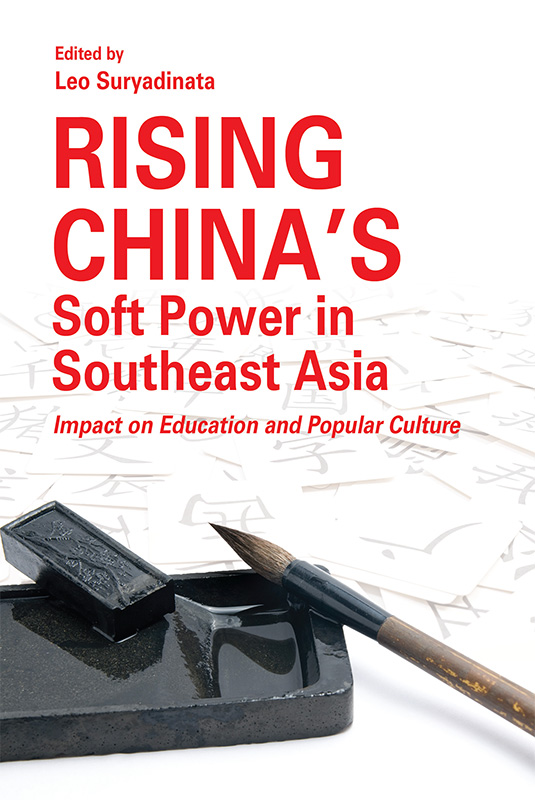Language, Nation and Development in Southeast Asia
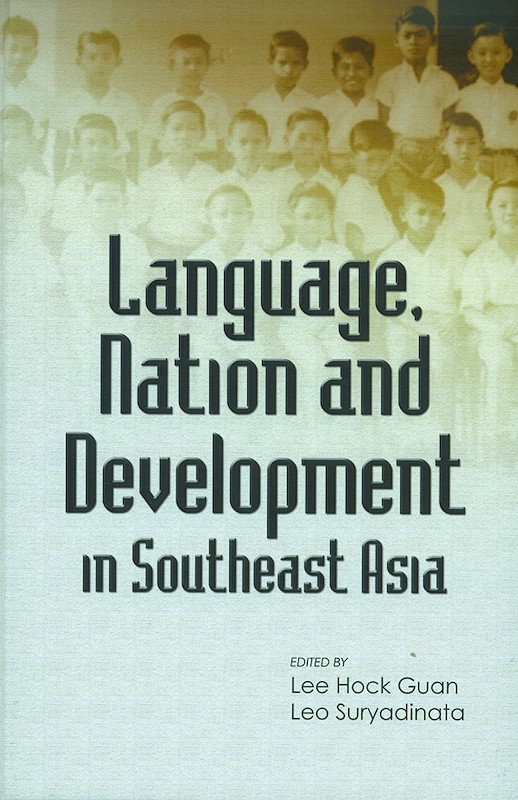
Reviews
"On the whole, the book is an important contribution to the study of language policy and nation-building in Southeast Asia, as it gives detailed information and discussion on the issue in each of the seven countries considered. What makes the book particularly useful are Wang Gungwu's introduction, giving the humanistic touch of a scholar who is at the receiving end of language policies, and the concluding chapter on 'Vietnam Language and Media Policy in the Service of Deterritorialized Nation-building' by Ashley Carruthers. While the former opens the debates that follow in the subsequent chapters, the latter looks beyond the physical territory of the nation, here to the Vietnamese diaspora around the world, which seems to imply a new dimension to the issues of language policies and nation-building" (Journal of the Siam Society).
About the publication
This book evaluates the successes and drawbacks of language policies in Indonesia, Malaysia, Singapore, the Philippines, Thailand, Vietnam and Myanmar, especially the ways in which these policies have often been resisted or contested. It is an invaluable primer on this linguistically complex region and a resource for scholars, policy-makers, civil society activists and NGOs in various parts of the world facing equally challenging ethnic/language issues.
Contents
-
Language, Nation and Development in Southeast Asia
[Whole Publication, ISBN: 9789812304834] -
Preliminary pages with Introduction by Lee Hock Guan and Leo Suryadinata
-
1. Language, Nation and Development in the Philippines, by Andrew Gonzalez, author
-
2. Go Back to Class: The Medium of Instruction Debate in the Philippines, by T Ruanni F Tupas, author
-
3. National Language and Nation-Building: The Case of Bahasa Indonesia, by Lucy Ruth Montolalu, Leo Suryadinata, authors
-
4. Diverse Voices: Indonesian Literature and Nation-Building, by Melani Budianta, author
-
5. The Multilingual State in Search of the Nation: The Language Policy and Discourse in Singapore's Nation-Building, by Eugene Tan Kheng Boon, author
-
6. Ethnic Politics, National Development and Language Policy in Malaysia, by Lee Hock Guan, author
-
7. The Politics of Language Policy in Myanmar: Imagining Togetherness, Practising Difference?, by Kyaw Yin Hlaing, author
-
8. The Positions of Non-Thai Languages in Thailand, by Theraphan Luangthongkum, author
-
9. Vietnamese Language and Media Policy in the Service of Deterritorialized Nation-Building, by Andrew M. Carruthers, author
-
Index

